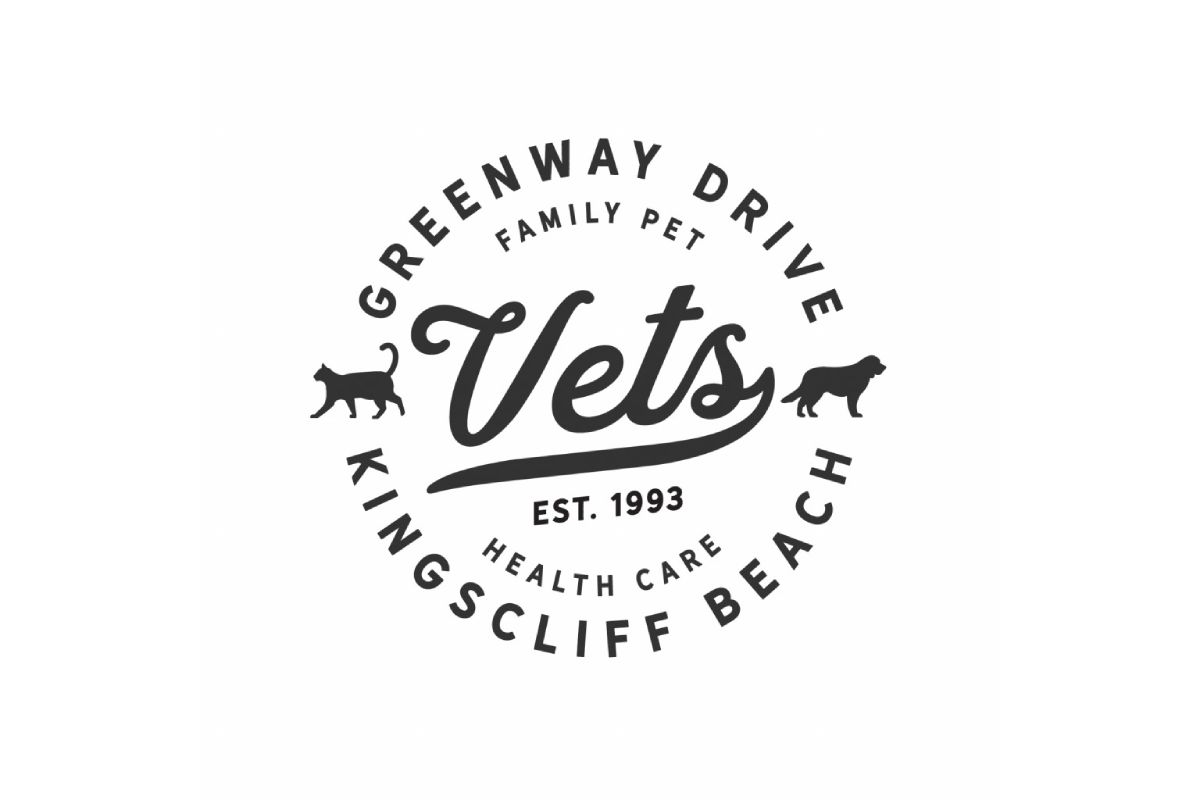There has been a lot of talk about this next subject of vaccinations, maybe, maybe too much talk. It seems to be a very polarising matter. Emotions run high. So, if possible, I want to keep things calm and simple.
I would like it to be known that our hospitals were the first veterinary hospitals in the Tweed region to adopt a alternative vaccination strategy that was different to what was on the label of the vaccine manufacturers. We did not make that decision based on a belief that vaccinations were harmful or that there was a conspiracy of some sort. We made the decision based on science that was available at the time. Indeed, the science was not adopted by the vaccination companies for almost 10 years, and I do believe that they should answer that question, why did it take so long for them to acknowledge the science. But let us leave that aside for now.
We began vaccinating dogs for Distemper, Hepatitis and Parvovirus(commonly known as a C3 vaccination) every 3 years instead of every 1 year as per the manufactures label. Cats were vaccinated for Panleukopenia, Calicivirus and Rhinotracheitis virus(commonly known as F3 vaccination) every 3 years instead of every 1 year. We made this change over 10 years ago.
There were no other local veterinary hospitals vaccinating this way in this region. Why? I can not answer for them but I can tell you the 2 most common reasons.
Reason #1 Legal. To vaccinate every 3 years meant that you were not following the manufacture’s guidleines and could put a vet at risk of being sued. However, there is a simple way to manage this problem. Explain to your client that you are advising the use of the vaccine in an “extra label” manner and that there is science to support the decision. Informed consent solves the legal problem. This is what we did with our clients. This is no longer a problem because a veterinarian can purchase vaccinations that have the 3 year schedule of vaccines on the manufacture’s label. Yet, still some veterinarians choose to vaccinate your pets every year for C3/F3.
By the way, if your dog never leaves the yard, never sees another dog and has no chance of going to a boarding facility…you do not need to vaccinate for Parainfluenza or Bordatella(commonly called a KC vaccine). These are respiratory diseases that require dog to dog contact. They are not in the soil. The are airborne but require small distances to transfer. If your dog goes for a walk and will have contact with other dogs, just saying “hello” is enough, it is recommended. If you property has a fence that other dogs can come up to and say hello to your dog, that’s enough to suggest a vaccine in my opinion.
Reason #2 Financial. Veterinarians were/are afraid that their clients would not come back to visit them every year for an annual physical exam consultation and thus loose revenue. The way we approached this was that 10 years ago we educated pet owners on the importance of regular/annual examinations. We emphasised the importance of exams by itemising our invoices to separate the cost of the vaccination from the examination. We knew that some people would choose to not have annual physical exams but we did not let the fear of loss of income deter us from delivering the truth.
Research into vaccinations is ongoing and it is very likely that the recommendations will continue to change. Those changes appear to be in the direction of less vaccinations, not more.
Our Hospitals do not call ourselves holistic or alternative. However, we practice and care for your pets in that manner. We choose to not use those terms because we believe that by approaching each pet as an individual, taking the time to educate ourselves on the best medical advice available, we by default achieve a Holistic health plan for your pet.
The best way to help us help you achieve optimum health is to make a commitment to regular annual physical exams so that we get to know your pet as an individual. That’s nothing knew, just good old fashioned caring medicine.
We are committed to treating you and your pet’s as individuals not as a protocol.
You can trust us and the story above of how we approached vaccinating pets is just one example of our dedication to delivering you the best, not necessarily what is best for our financial “bottom line”. The bottom line takes care of itself when we take care of your needs with honesty and integrity.
See you all soon at the vets…or out looking for whales at this time of the year!
Cheers
Dr Matt
